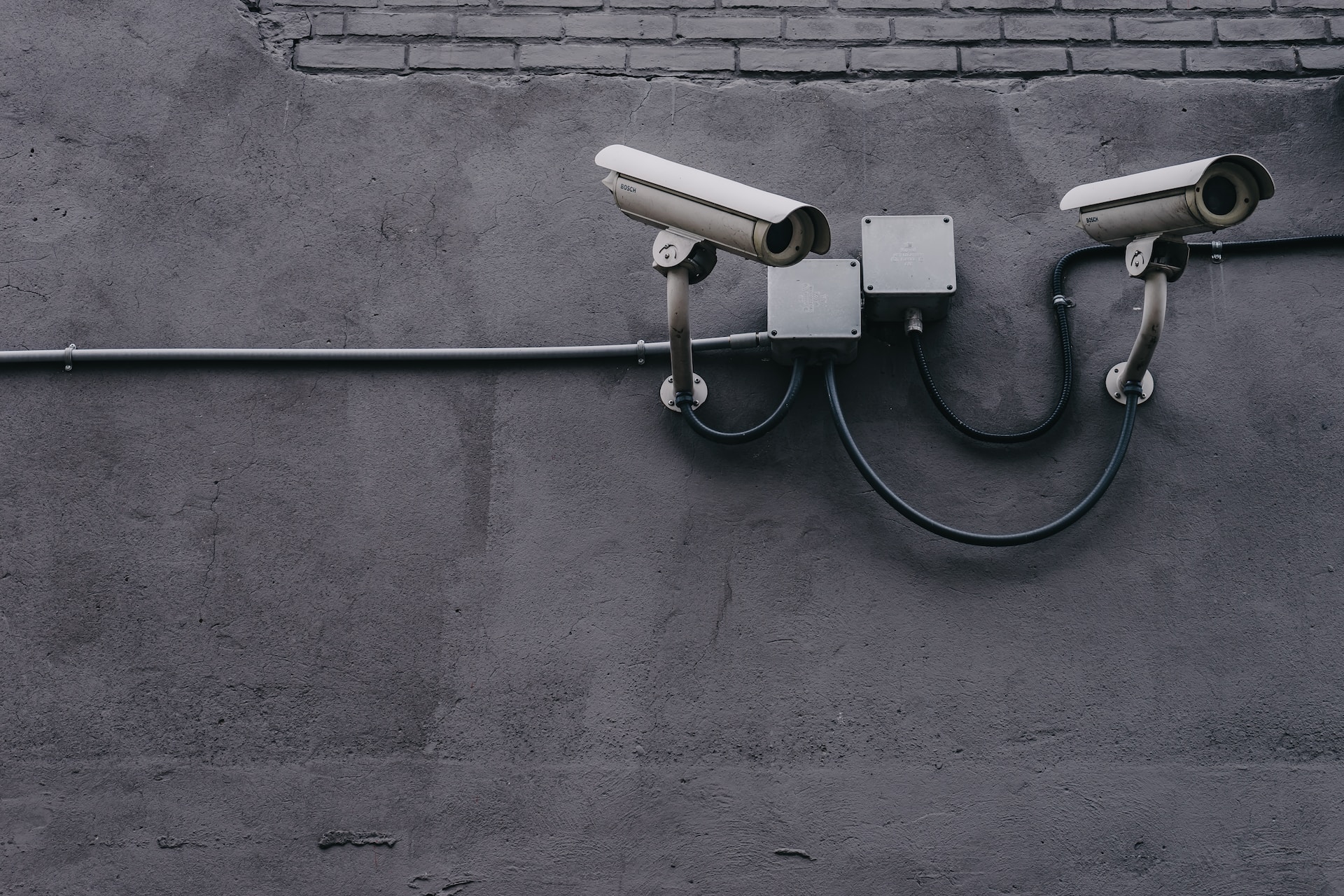Facial recognition technology has come to the forefront in recent years, with its vast potential spanning various sectors from security and surveillance to personalized marketing and social media filters. As impressive as the advances may be, they come bundled with serious ethical concerns that warrant discussion. In this article, we will dive deep into the moral quandaries surrounding facial recognition technology.
1. Privacy Concerns
At the top of the list of ethical concerns is privacy. In a world where surveillance cameras are omnipresent, the ability to continuously monitor and recognize individuals raises significant privacy issues.
Imagine walking through a city where every camera identifies and logs your movements. This data, in the hands of governments or corporations, could be used for reasons other than what was initially intended, leading to potential misuse. Without strict regulations, people could be unknowingly monitored, analyzed, and profiled, leading to an Orwellian society.
2. Bias and Discrimination
Numerous studies have shown that facial recognition technology is not infallible and, worse, sometimes biased. Certain demographic groups, especially people of color and women, have been misidentified at higher rates than others. This can have real-world implications.
For instance, if law enforcement relies heavily on this technology, these inaccuracies could lead to wrongful arrests or surveillance. This perpetuates a system where certain communities might be unfairly targeted, intensifying societal inequalities.
3. Consent Issues
The act of capturing facial data inherently requires consent. However, in many public spaces, individuals are neither informed nor asked for their consent. This becomes an even greater concern when this data is stored, shared, or sold to third parties.
Consider the case of a music festival or a shopping mall using facial recognition for “security purposes.” The attendees or shoppers might not be explicitly aware that their facial data is being captured, and they might not have any recourse if they disagree with such practices.
4. Data Security and Misuse
As with any data, facial recognition information is susceptible to breaches. If not adequately protected, malicious actors could access and misuse this data, leading to identity theft or even more sinister forms of harassment.
Moreover, there’s a genuine concern over how this data is used once collected. While the initial purpose might be security, nothing stops organizations from using the data for targeted advertising or selling it to third parties without the individual’s knowledge.
5. The Right to Anonymity
There is an intrinsic human right to anonymity, the ability to exist in public spaces without being constantly identified and monitored. Facial recognition technology, by its very nature, threatens this right. As the technology becomes more pervasive, people might feel compelled to change their behavior or avoid certain areas, leading to a chilling effect on society.
6. Dependence on Technology
Over-reliance on facial recognition technology can make humans complacent, leading to potential errors. If a system falsely identifies a person as a security threat, human operators might blindly trust the technology without applying critical thinking or context, leading to unwarranted consequences.
Striking a Balance
With all these concerns in mind, the question arises: how can we harness the benefits of facial recognition while mitigating its ethical pitfalls? Here are some suggestions:
- Legislation and Oversight: Governments need to introduce stringent regulations governing the use of facial recognition technology. This would ensure that it’s used ethically and responsibly, with regular audits to prevent misuse.
- Transparency: Organizations using this technology should be transparent about its usage, clearly indicating when and why facial data is being captured, stored, or shared.
- Opt-in Systems: Rather than assuming consent, systems should be designed to require explicit opt-in from individuals, ensuring they’re aware and agreeable to the data collection.
- Improved Technology: Investing in making facial recognition more accurate and unbiased can alleviate some of the concerns. This would involve continuous training and testing, especially across diverse demographic groups.
Conclusion
In conclusion, while facial recognition technology presents numerous opportunities, it is not without its ethical concerns. As we continue to integrate this technology into our daily lives, it is crucial to maintain a dialogue about its implications, ensuring it serves humanity without compromising our rights or values.





